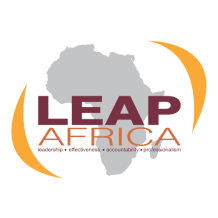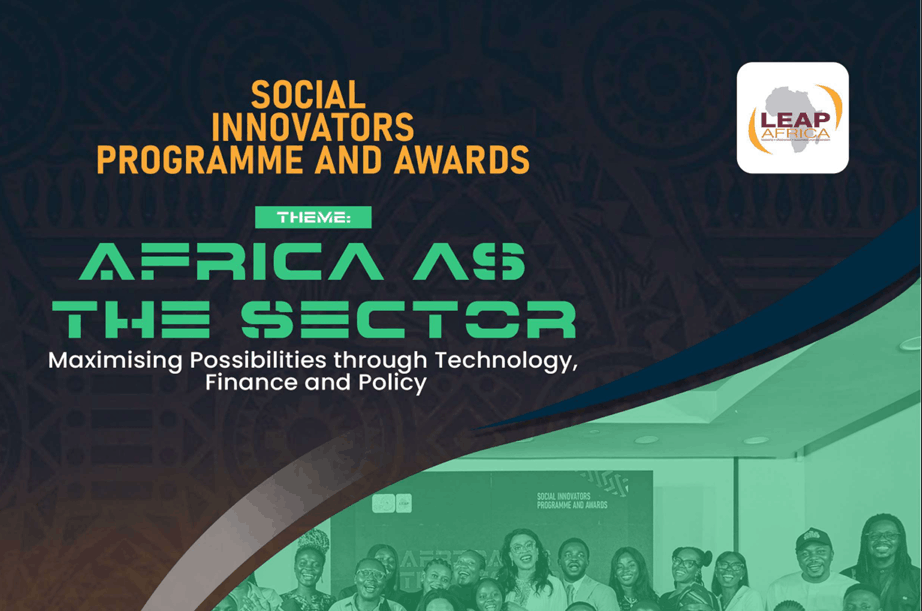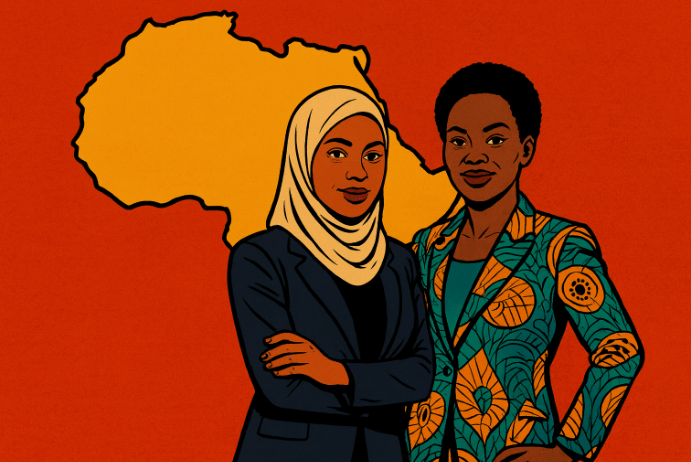Story Highlight:
- a) The female students of Government Day Secondary School, an underserved school in Karo, a suburb of the Federal Capital Territory, now have equal opportunity to compete in sporting activities with their male counterpart.
- b) Students of Government Day Secondary School, Karo, are tackling gender-based issues prevalent in their community.
- c) A community change project is a component of the iLEAD programme, and select students of GSS, Karo, are leveraging it to amplify their voices through sport.
Over the century, sporting activities have always been the unifying factor for many communities in Africa. Societies become united into one single indivisible force whenever teams they support are either on the field playing outdoor games or in the building, playing indoor games. Whatever the game is, interested supporters tend to suddenly forget their differences and exhibit a rare kind of unity. However, the sustainability of such serenity is always a question after every game ends. iLEAD Students at Government Day Secondary School (GSS), Karo are leveraging the peace in the unity occasioned by sporting activities to tackle gender-based issues in their school and community.
At Government Day Secondary School (GDSS), Karo female students face systemic discrimination from fellow students. They explain that both genders not treated equally. One of the main areas they are greeted with gender discrimination is during sporting activities. They noted that, on a daily basis, they are being deprived of joining their male counterparts in sporting activities during their launch breaks. While there are no rules in the school that stop them from participating, these iLEAD students believe that the lack of adequate sporting facilities in the school is largely responsible for this societal anomaly.
“We know that females too can participate and become great in sports,” says Amidat Ismaila However, this might only be a dream unfulfilled if there are no facilities in the school that encourage female participation in sporting activities.
After considering the negative impact of gender-based discrimination, iLEAD students of GDSS identified a simple solution: to donate a complete Table Tennis Board to the school. One of the modules in our leadership and life skills curriculum is the Art & Act of Leadership; here, students are taught how to identify a problem and find possible solutions regardless of their age, location, gender, etc.
Amidat Ismaila, an iLEAD student at GDSS, tells us that they want to stop gender discrimination in their school. She envisions a community where everyone is seen as a person and not from a gender lens. “Our main aim of doing this table tennis board is that we want to stop gender discrimination in our school.
The change project is a component of the iLEAD programme, which encourages and empowers students to identify a problem and ideate within a group and provide solutions to social issues in their community.
They convinced the principal of the school to get her buy-in and request for the use of the school hall (which has been left moribund) as a room for playing the game. They also independently sourced funds from individuals and cooperate bodies to enable them to purchase a standard table tennis court. Also, they canvassed for support from other relevant stakeholders of the school, like the sport master to ensure that everyone is carried along in purchasing a complete standard table tennis board.
Finally, the students were able to purchase a table tennis board. Playing this table tennis game means that over 40 female students at GDSS will no longer be marginalized in this sporting activity. Currently, the table tennis game serves both males and females in the school.
Indirectly, this change project is a way for female students to amplify their voices against gender discrimination within the school and encourage more females to be engaged equally. Similarly, the table tennis court is symbolic of gender equity within the school.
The intrinsic notion here is that, if leadership and life skills is embedded in the curriculum of secondary schools, it will impact on their contributions to efforts in achieving the SDGs and nation-building.
Essentially, young people in schools can become change agents in their communities if deliberate actions are taken to innovatively create an atmosphere that constantly influences the right decision.
For 2 years, LEAP Africa has empowered young people and teachers in public secondary schools through the iLEAD fellowship in Abuja. With its partnership with Citi Foundation through its efforts, more students are being mentored to become change agents.
After going through unconscious gender-based discrimination of been unable to access the sporting facilities in their school occasioned by the inadequacy of such equipment, #iLEAD students of Government Secondary School, Asokoro have identified a simple solution; donating a complete table tennis board to the school.
One of the modules in our leadership and life skills curriculum is the Art & Act of Leadership; here, students are taught how to identify problems and find possible solutions regardless of their age, location, gender, etc. Through a change project component in the #iLEADProgramme, students are charged with the responsibility to be the change in their community.
They engaged relevant stakeholders in the school for approval of a moribund hall as a facility for the game, sourced for funds and finally purchased a complete table tennis board for the school. With this new table tennis game, it means that over 40 female students at GDSS, Asokoro will no longer be marginalized and they can now play table tennis and explore possibilities for the future in the game. Currently, the table tennis game serves both males and females in the school.



